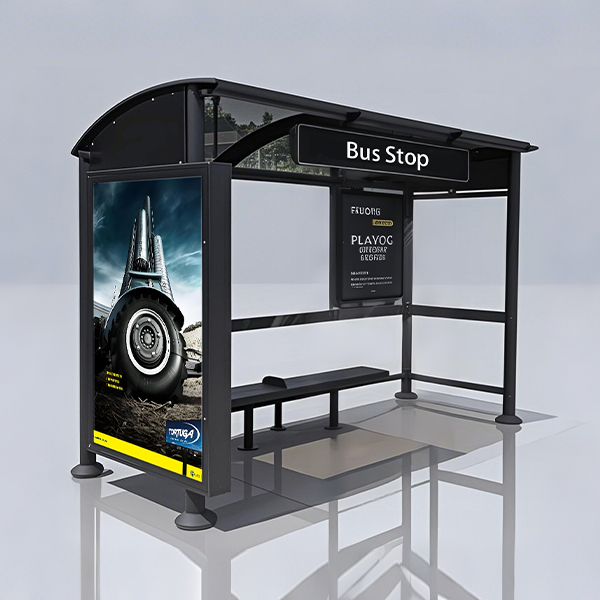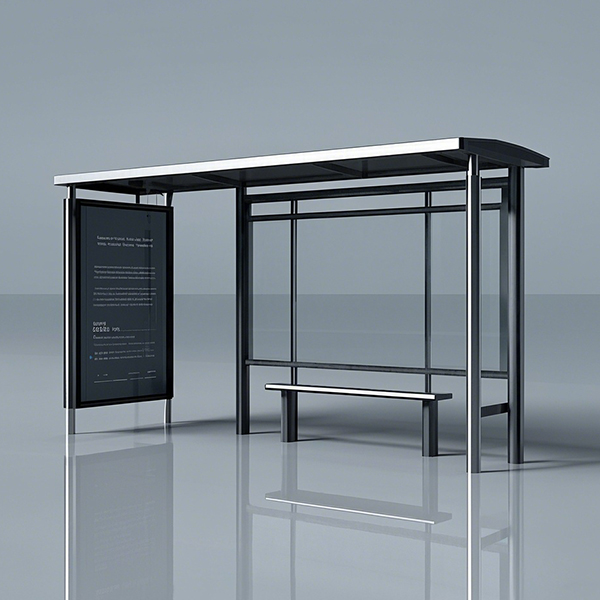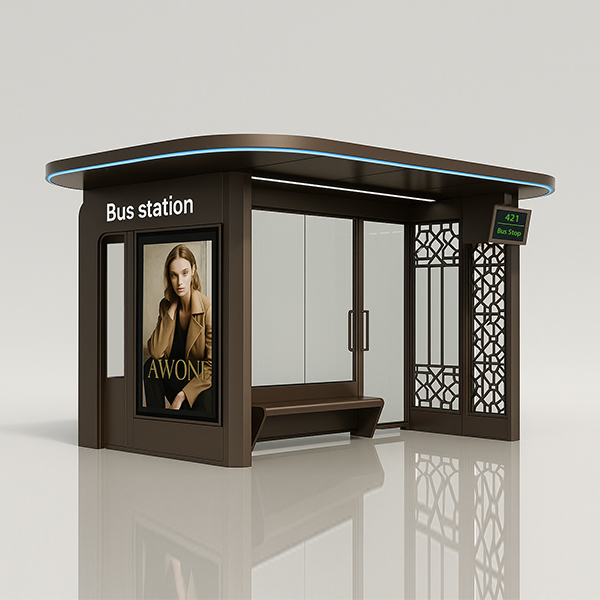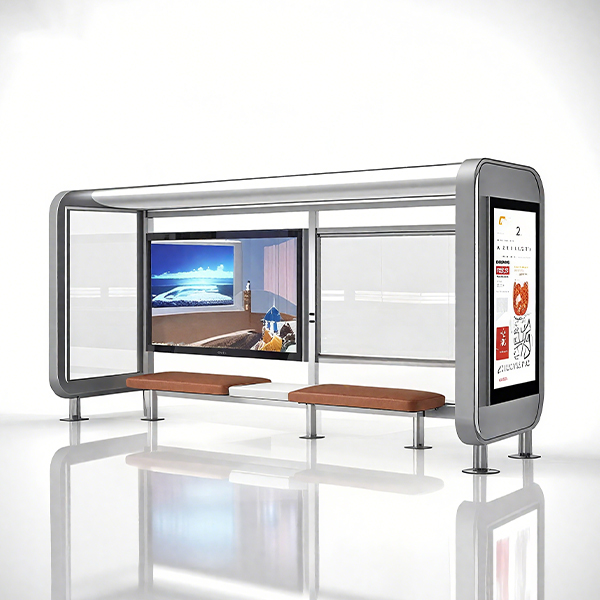
Bus Shelter Manufacturer Directory
This comprehensive guide helps you navigate the world of Bus Shelter Manufacturers, providing the information and resources you need to make an informed decision. We'll explore key factors to consider when choosing a manufacturer, review different types of bus shelters, and offer tips for a successful project. Whether you're a city planner, transportation authority, or business owner, this guide provides valuable insights into selecting the perfect Bus Shelter Manufacturer for your needs.
Understanding Your Needs: Key Factors in Choosing a Bus Shelter Manufacturer
Defining Your Project Requirements
Before embarking on your search for a Bus Shelter Manufacturer, clearly define your project's needs. Consider factors like budget, desired materials (e.g., aluminum, steel, polycarbonate), shelter size and capacity, design preferences, and any required accessibility features. Consider the location and its environmental conditions - will the shelter need to withstand extreme weather? A thorough understanding of your needs will streamline the selection process and ensure you find a manufacturer that meets your specific requirements.
Material Selection: Durability and Aesthetics
The choice of materials significantly impacts the durability, aesthetics, and cost of your bus shelter. Popular choices include durable steel, lightweight aluminum, and robust polycarbonate for glazing. Steel offers high strength, while aluminum provides corrosion resistance and is often chosen for its lighter weight, enabling easier installation and transportation. Polycarbonate offers excellent impact resistance and light transmission. Your choice should depend on your budget, the climate, and the overall design vision for your project. Consider the maintenance requirements of different materials – some may require less upkeep than others.
Design Considerations: Form and Function
Bus shelters are more than just functional structures; they contribute to the visual appeal of a space. Consider the aesthetic aspects alongside practicality. Modern designs might integrate features such as solar panels for lighting and digital displays for information. The design should seamlessly blend with the surrounding environment, enhancing the aesthetic appeal of the area. Review manufacturers' catalogs to see the range of available designs and styles.
Types of Bus Shelters and Their Manufacturers
Standard Bus Shelters
These are the most common type, offering basic protection from the elements. Many Bus Shelter Manufacturers offer a wide variety of standard designs in different sizes and materials. They usually feature a roof, side panels, and seating.
Custom Bus Shelters
If your project has unique requirements or desires a distinct aesthetic, consider working with a Bus Shelter Manufacturer that offers custom design and fabrication services. This allows for complete control over the shelter's design, features, and materials, ensuring it perfectly fits your vision.
Finding the Right Bus Shelter Manufacturer: A Step-by-Step Guide
Research and Comparison
Begin by conducting thorough online research. Use search engines like Google to find potential manufacturers. Look at their websites, review their portfolios, read customer testimonials, and compare pricing and services. Websites like Shandong Luyi Public Facilities Co., Ltd. offer a starting point for your research.
Requesting Quotes and Samples
Once you've narrowed down your choices, request detailed quotes from several manufacturers. Be sure to provide them with all your specifications. It's advisable to request samples of the materials they intend to use to ensure quality and alignment with your project needs. Compare not only the price but also the quality of materials and the manufacturer’s reputation.
Site Visits and Inspections
If possible, visit the facilities of your top choices. This allows you to assess their capabilities, review their manufacturing processes, and meet with their team. This firsthand experience can help you gain confidence in their ability to deliver a high-quality product.
Contract Negotiation and Project Management
Once you've selected a manufacturer, carefully review and negotiate the contract. Clearly define all aspects of the project, including timelines, payment terms, and warranty details. Effective communication and proactive project management will ensure a smooth process from design to installation.
Frequently Asked Questions (FAQs)
What is the average cost of a bus shelter?
The cost varies significantly depending on size, materials, features, and customization. It's best to get quotes from multiple manufacturers.
How long does it take to manufacture and install a bus shelter?
Lead times vary depending on the complexity of the design and the manufacturer's workload. It's crucial to discuss timelines with the manufacturer upfront.
What type of warranty should I expect?
A reputable manufacturer should offer a comprehensive warranty covering defects in materials and workmanship. Clarify the warranty details in your contract.
| Material | Advantages | Disadvantages |
|---|---|---|
| Steel | High strength, durable | Susceptible to rust, heavier |
| Aluminum | Lightweight, corrosion resistant | Can be more expensive |
| Polycarbonate | Impact resistant, good light transmission | Can scratch easily |
This guide aims to assist in your search for a reputable Bus Shelter Manufacturer. Remember to conduct thorough research and choose a manufacturer that aligns with your project’s specific needs and budget. Good luck with your project!
Соответствующая продукция
Соответствующая продукция
Самые продаваемые продукты
Самые продаваемые продукты-
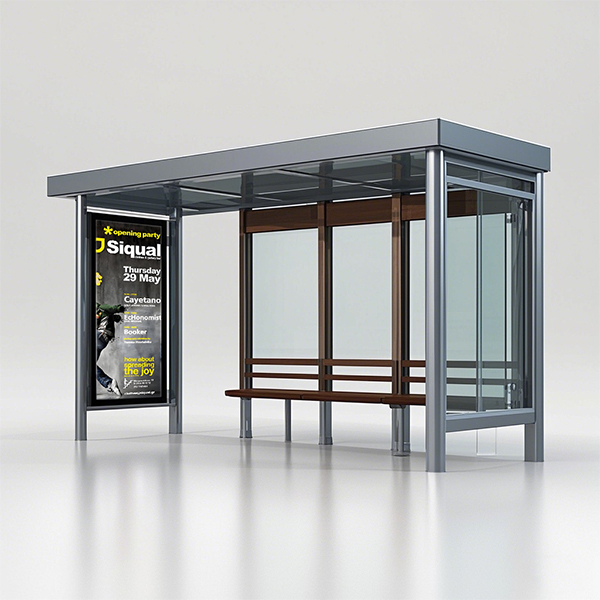 Semi-enclosed Bus Stop
Semi-enclosed Bus Stop -
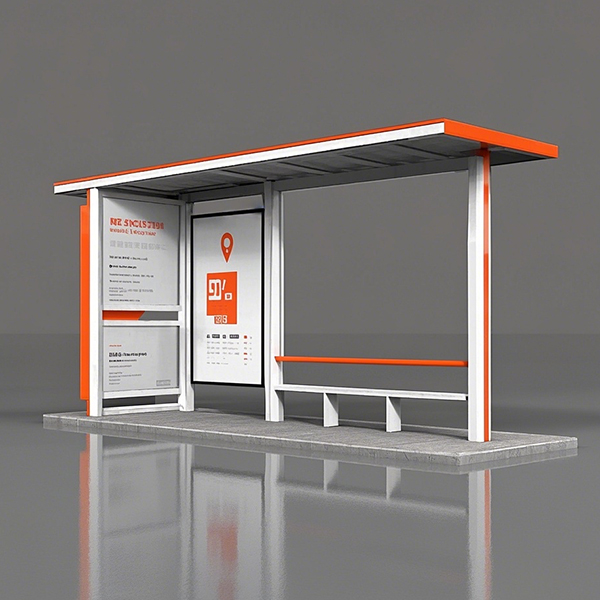 Simple Bus Shelter
Simple Bus Shelter -
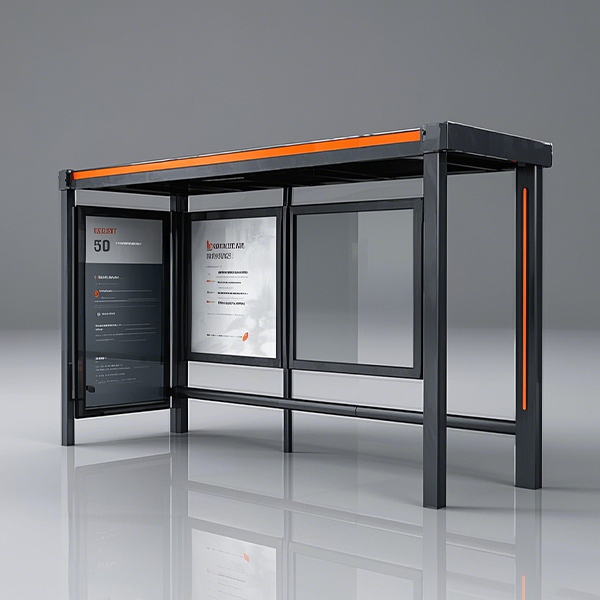 Bus Stop Shelter
Bus Stop Shelter -
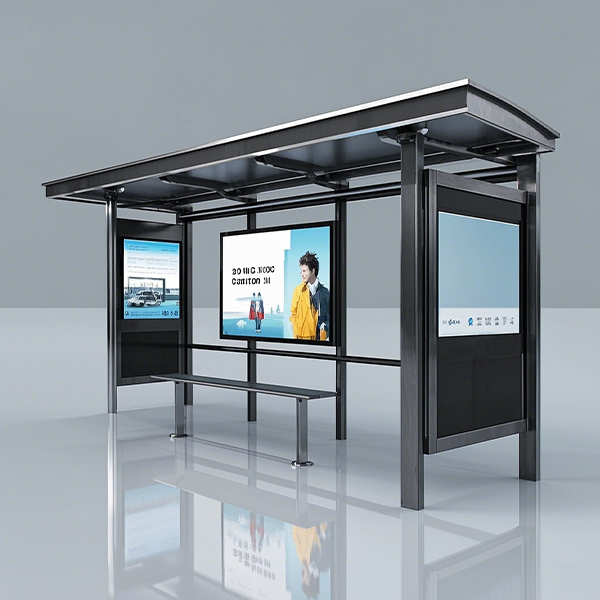 Three Advertising Box Bus Stop Shelter
Three Advertising Box Bus Stop Shelter -
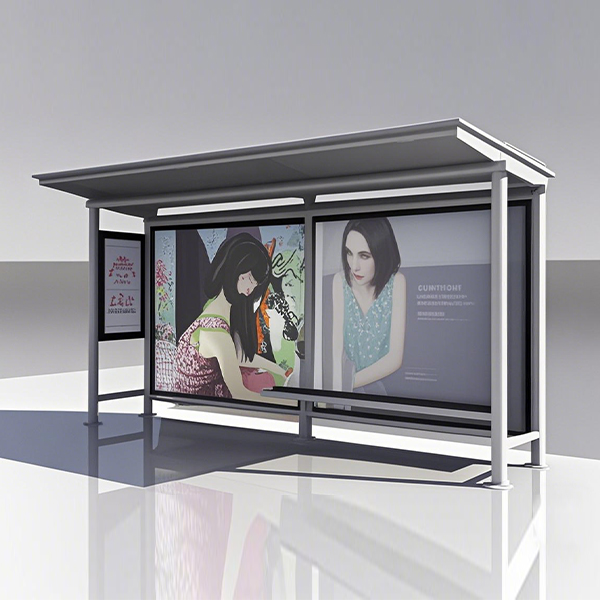 Large Format Advertising Box Bus Shelter
Large Format Advertising Box Bus Shelter -
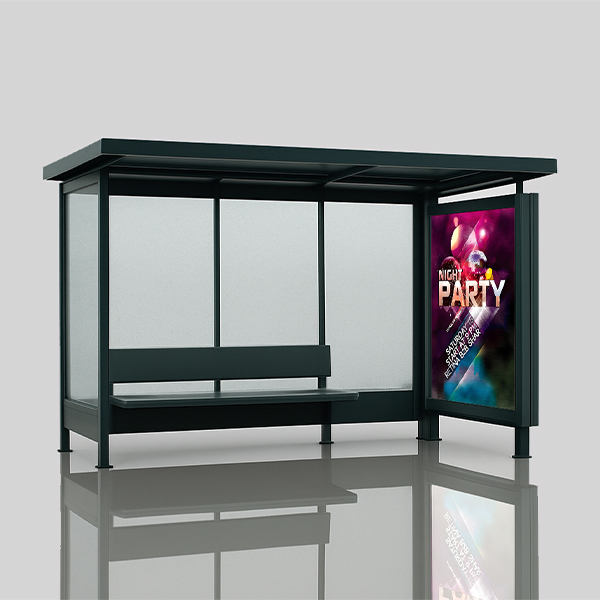 Semi-enclosed Bus Stop Shelter
Semi-enclosed Bus Stop Shelter -
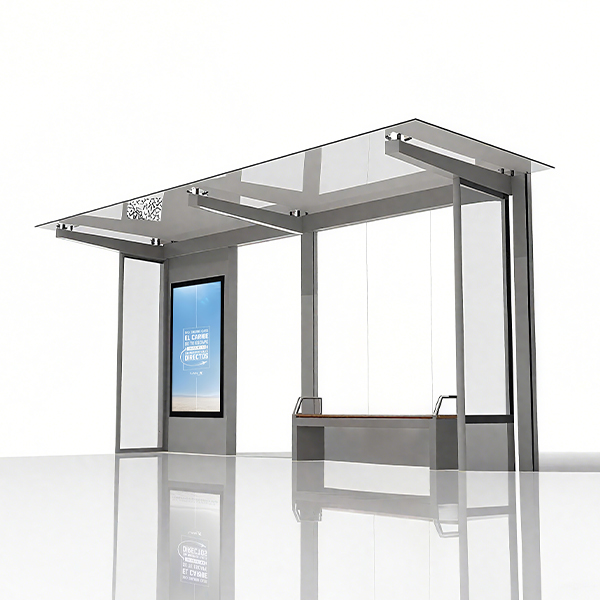 Glass Roof Bus Shelter
Glass Roof Bus Shelter -
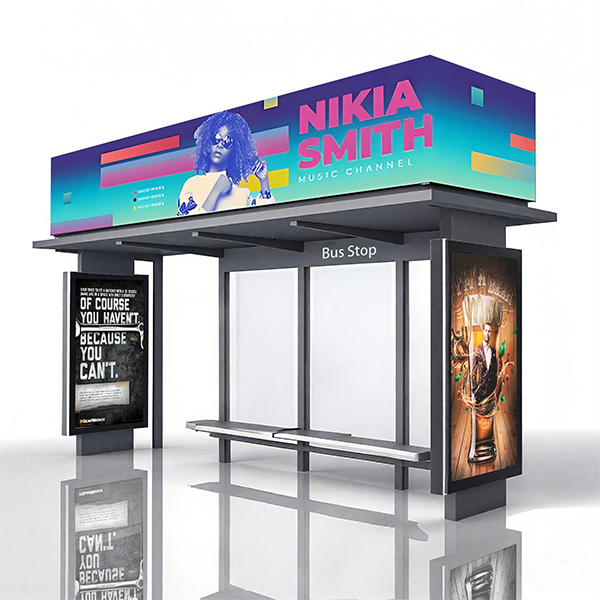 Rooftop Advertising Bus Stop Shelter
Rooftop Advertising Bus Stop Shelter -
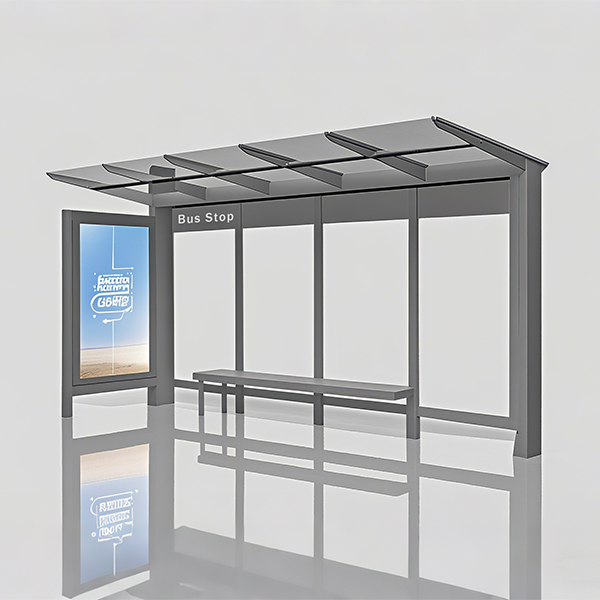 Single Light Box Bus Stop
Single Light Box Bus Stop -
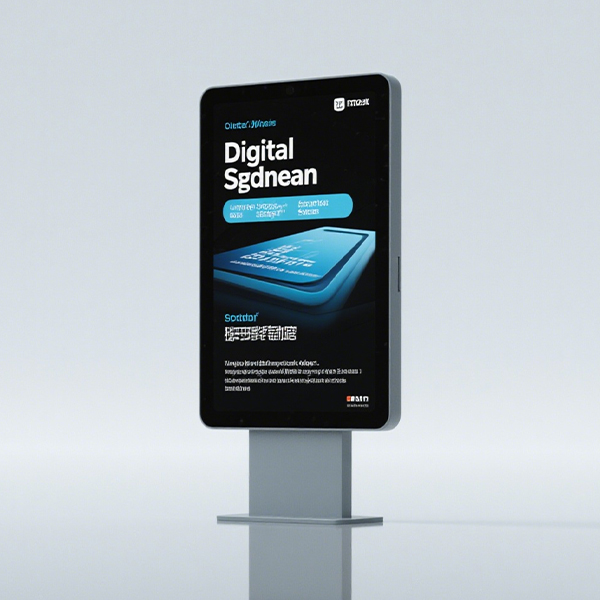 Digital Signage
Digital Signage -
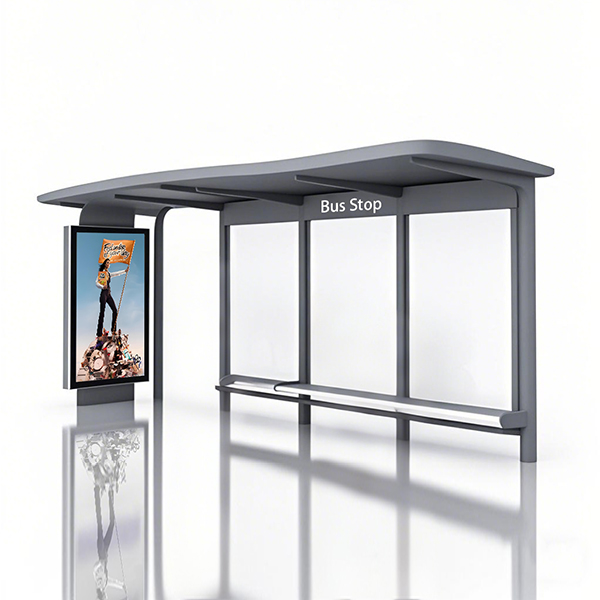 Single Light Box Bus Stop
Single Light Box Bus Stop -
 Simple Bus Stop
Simple Bus Stop







